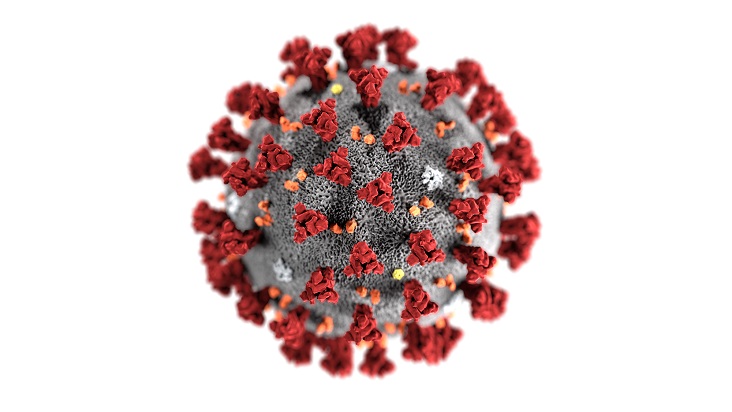More than two years after the world came to a standstill due to the COVID-19 pandemic, the World Health Organisation has launched a plan that seeks to end the global emergency this year.
According to the plan shared by the UN health agency, the pandemic could be history at the end of the year if countries and the international community increased awareness and implemented measures or policies that promote the prevention of the disease, surveillance of the disease, integrated diagnostic and care pathways to deal with patients.
Over 433 million cases of the disease have been reported with more than 6million deaths since 2020. According to the WHO, countries can take control of the disease by stopping drivers of transmission of the virus. The plan states that this can be done by promoting the use of public health measures like the wearing of masks in crowded places in addition to using masks, handwashing and vaccination.
In addition to preventing transmission of the disease, the plan calls upon countries to increase their level of disease surveillance. This can be done by following transmission trends of the disease and developing disease outbreak early warning capacities so that clusters of the diseases can be contained before they spread elsewhere.
WHO also encourages countries to continue carrying out strategic testing despite a drop in the number of COVID-19 cases in some countries.
“Continue strategic testing linked to genomic sequencing with a better geographic representation worldwide, to be able to monitor for the emergence and spread of variants. Efficiencies can be made by integrating the surveillance of SARS-CoV-2 with systems for the surveillance of influenza and other respiratory pathogens, and this will pave the way for a sustainable system of integrated respiratory disease surveillance beyond the end of the acute emergency,” the document reads in part.
The WHO director-general, Dr Tedros Adhanom Ghebreyesus says that it is possible for the pandemic to end since the world now knows more about the virus.
“We have the tools to plan for and respond to every eventuality. We have global systems to better understand the virus as it changes, and we have the vaccines, diagnostic tools, treatments and other public health and social measures to end the acute phase of the COVID-19 pandemic. Focus, vigilance and commitment now will end the emergency of the pandemic and lay the foundations for a more effective response to the future threats that will undoubtedly emerge. But the pandemic remains far from over,” he said.
Other measures that the plan highlights are increasing Zoonottic disease surveillance so as to understand and identify possible animal reservoirs of the disease and carrying out risk communication, which focuses on marginalised and vulnerable populations.
Another thing that countries can do is to provide safe and scalable clinical care that is able to protect both health workers but also other patients. During the past two years of the pandemic, an estimated 115,000 health workers succumbed to the disease due to poor infection prevention and control measures in health facilities. In addition to this, some health facilities close other hospital wards to focus on COVID.
In light of this, countries are urged to come up with better infection and prevention control measures like ensuring the use of personal protective equipment by health workers to stop infections in this workforce. The UN health agency also urges countries not to forget to plan for mental health and psychological support for both health workers but also patients and their families.
According to recently published WHO research, the first year of the COVID-19 pandemic saw a 25% increase in the global prevalence of anxiety and depression. The release of the plan comes at a time when many African countries have relaxed public health prevention measures and even closed some treatment units due to a reduction in infections being reported. For instance in Uganda, the COVID ward at Mulago National Referral Unit was recently closed and even the health workers attached were sent away.
According to Ugandan Scientists, the relaxing of some public health prevention measures like wearing masks is okay to give the public a chance to rest since the number of infections has gone down, from reporting 40 cases a day to an average of 5 in the last three weeks. Dr Misaki Wayengera, the head of the ministerial COVID-19 scientific committee says that it is okay for people not to wear masks all the time, especially with low positivity rates.
“Wearing masks is such a difficult thing for people. It is a very unnatural thing. If God wanted us to wear masks all the time he would have created them with them but man is not cut out for them. Wearing masks is a behavioural thing and the moment cases drop, the people also relax, but the moment the cases increase, they will wear masks without being reminded,” he said.
When asked whether some of the measures included in the plan are applicable to Uganda and if they could be successful, Dr Monica Musenero, a renowned scientist, said the country has all that is needed to end the pandemic.
“Today we have all the necessary tools to control transmission, carry out surveillance and even genome sequencing. We have vaccines and even know what to treat the disease with. It is not like in the beginning when he had to close down the country because we did not know what we were dealing with or even how to handle it,” she said.





